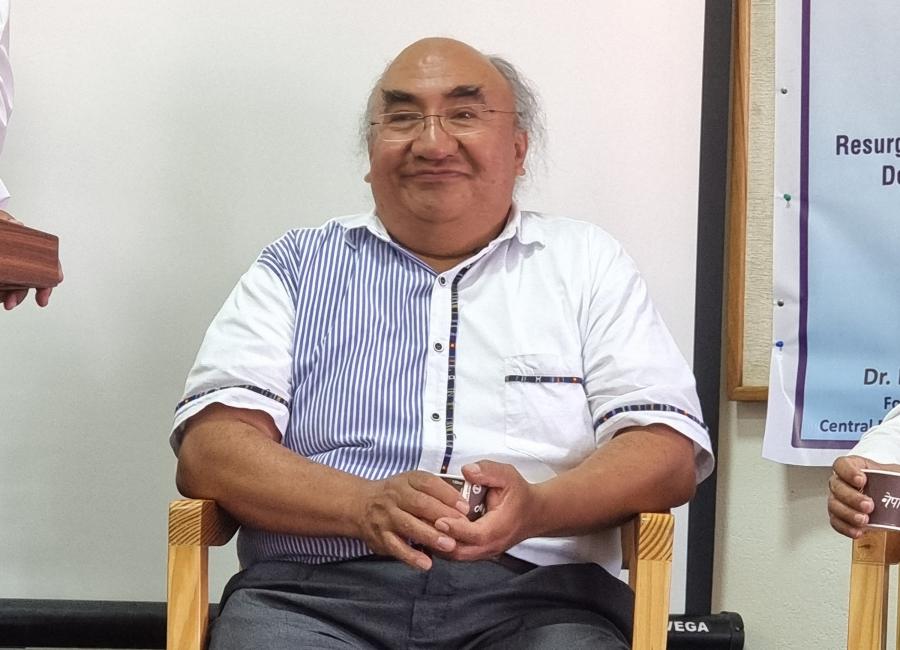
On March 4, 2016, the United Nations Committee on the Elimination of Discrimination against Women (CEDAW) released “General recommendation No. 34 on the rights of rural women.”
CEDAW is a United Nations expert body established to supervise the implementation of the Convention on the Elimination of All Forms of Discrimination against Women in countries that have ratified the Convention. CEDAW monitors the implementation of national measures to fulfill this obligation through reviews of each country every four years. It makes subsequent recommendations on issues that continue to affect women.
This most recent recommendation recognizes, for the first time under a binding treaty, rural women’s right to Free, Prior and Informed Consent before development projects are carried out on their lands. States are now required to ensure that rural development projects are implemented only after participatory gender and environmental impact assessments have been conducted with full participation of rural women, and after obtaining their free, prior and informed consent.
The recommendations address many aspects of rural women’s right to access lands, covering new standards on women’s land rights in the context of marriage and family, communal land ownership, land grabbing, and evictions.
“Land ownership can be a transformative force,” explained Mayra Gomez, Co-Executive Director of the Global Initiative for Economic Social and Cultural Rights and panelist at the UN Convention on the Status of Women, in New York this March. “When women are able to enjoy their rights to land a lot of things in their lives change for the better, as well as for their families and communities. Secure rights to land is related to being able to provide food for yourself and your family, to have food and nutrition security. It's also been shown to help women mitigate the consequences of HIV, to lower the risk of experiencing domestic violence. Land provides economic security to women, giving them more choices as to whether they want to stay or leave an abusive relationship, providing them a safety net and helps them to exercise autonomy in different areas of their lives.”
Rural women are in a unique situation that causes them to disproportionately experience poverty and exclusion, [and] face systemic discrimination in accessing land and natural resources. They are also more likely to face barriers to holding leadership positions, experience more gender-based violence, and encounter difficulties accessing the justice system, notes CEDAW.
The General Recommendation acknowledges that rural women are not a homogenous group, but rather come from diverse and intersecting experiences. The recommendation specifically mentions issues facing Indigenous women in particular. Indigenous women experience discrimination not only due to their location, often in rural communities, but also their ethnicity, language and traditions, and gender. Indigenous women and girls are also at higher risk for trafficking and prostitution. The economic hardships of rural life, alongside lack of information about trafficking and how traffickers operate, can make Indigenous rural women especially vulnerable, particularly in conflict affected regions.
Indigenous women currently face many challenges regarding the implementation of their rights to land. Governments and companies often fail to consult Indigenous Peoples about development on their lands, in violation of their right to free, prior, and informed consent. CEDAW notes that for Indigenous rural women in particular, access to land, water, and other natural resources is sometimes dependent on marital status or a male guarantor. Their access to social services such as transportation, education, and healthcare is also limited.
Recommendation 34 provides guidance to states and lays out obligations on what they need to do to make sure that women are able to enjoy their rights to land and are protected from violations, whether those violations are committed by the state itself or third party actors like large corporations. The recommendations put forth should be used by governments to inform policies, and also by community groups to advocate for their rights.
- Read the full text of General Recommendation 34 on the Rights of Rural Women.
- Learn more about Convention on the Elimination of All Forms of Discrimination against Women and the United Nations committee that monitors it's implementation (CEDAW)



